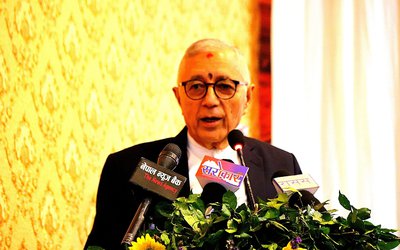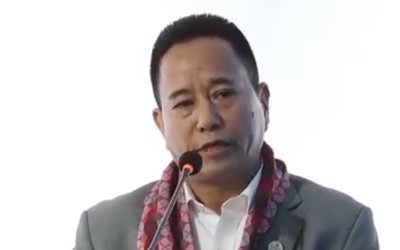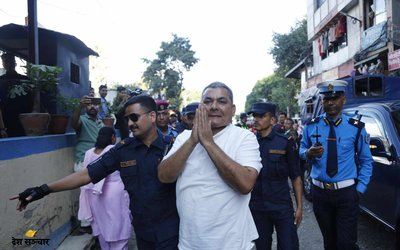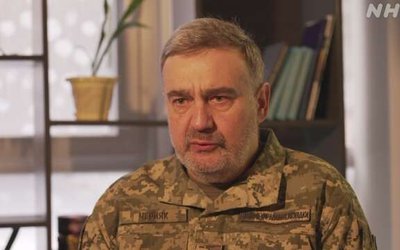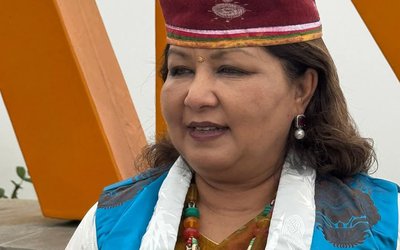
As a teenager, my first impression of B. P. Koirala arises from his framed photos that are spotted in many places of my house. His kind eyes, his knitted eyebrows, and a hand resting casually on his face is a picture that always has a looming presence in the back of my mind whenever his name comes up or I read about him. The cause is not only my father, who derives a lot of inspiration from this hero of the 1950-51 revolution, but also the fact that he is the first democratically-elected prime minister. For this, BP Koirala always came out to be a great influential character to me.
Consequently, as the BP Memorial Day arrived, I took the opportunity to read his Atmabrittanta translated by Kanak Mani Dixit and organize my thoughts and reflection. These words were recorded by Ganesh Raj Sharma, a renowned constitutional lawyer of Nepal, as BP lay on his deathbed following an incurable cancer.
Koirala’s recollections shows the kind of fierce, determined moral character that he was in his struggle for democracy in Nepal and efforts towards nation-building and nationalism. It explains how he went through the chaos and various inexplicable cases of arrests and attacks all in the name of the nation. BP always knew what he was fighting for and went to all fronts to make his aspirations take shape. Under the oppressive Rana rule, BP fought for the people and the people alone, deriving his own inspiration from those around him. His logical outlook on the political situation and his ability relay his opinions allowed BP to rise in the eyes of all the people he knew and maintain connections that came to his aid later on.
One example of BP’s collected attitude and logical thinking is when King Mahendra threw BP in solitary confinement for many years; instead of losing his cool, BP understood he should not fight for the injustice just yet, as he knew that the King could not handle the uprisings taking place and would have to seek him for aid. BP wanted to compromise in the interest of the country. Even after this, he always guided himself by what he described as the policy of national reconciliation. This again demonstrated the kind of focus BP had on his plans for the future and his ability to think ahead.
From a very young age, BP Koirala showed glimpses of the brave character he developed throughout his life. When his parents couldn’t afford the anesthetics for the operation on his bottom, Koirala willingly bore through the immense pain, knowing that it would save his parents a great sum of money. And later on, after the Rana rule had concluded, Koirala proposed various changes to laws on land ownership, ones which upset the aristocrats who had long profited from the leasehold system. Although a whole lot of people would go against what he was saying, BP always put what was right in front of anything that may have caused him personal harm.
And yet, amidst his bravery and determination, there were some aspects of his biography that shocked me. At home, I have always looked at the portrait of Mahatma Gandhi, Laxmi Prasad Devkota, and BP Koirala side by side. They are renowned people, known for all they excelled at. Therefore, when I found out that BP Koirala thought of armed rebellion and had promoted it at times, supplying grenades and rifles for the revolutionaries, I was astounded. How could someone, who lived such a principled life and has been mentioned alongside Gandhi, promote violence? It really does not stay in harmony with his life and public commitments.
It took me some time to understand that such measures were necessary considering the situation then. The rebellions had to have something to fight with when they were confronted by the Nepali army. Without the arms, the success of the uprising and the displacement of the Rana regime would not have been possible. Koirala himself shot a man in the chest, and his own reflections aren’t provided in the translation of his verbal autobiography. The cause may be the incoherence of his thoughts as he spoke these words from his deathbed.
What Koirala did all those years ago has still managed to change Nepal today. His influence, in politics and literature, are vivid and alive, influencing the young minds that study him. New ideas and drastic changes are not what people are used to. To be able to break through that and offer something more practical and better is something that takes courage and puts one in a lot of personal risk. For these very characteristics, BP Koirala must be remembered and honored.
- Highlights of KUSL’s Launching Ceremony
- Aug 17, 2014
- Labour Force Leaving The Country
- Mar 24, 2014
- Thinking about Nepal’s Think Tanks
- Nov 10, 2013
- The five years’ BBM-LLB Course of the Kathmandu University Law School
- Sep 13, 2013
- JUDICIARY: Judging Judges
- Aug 30, 2013



